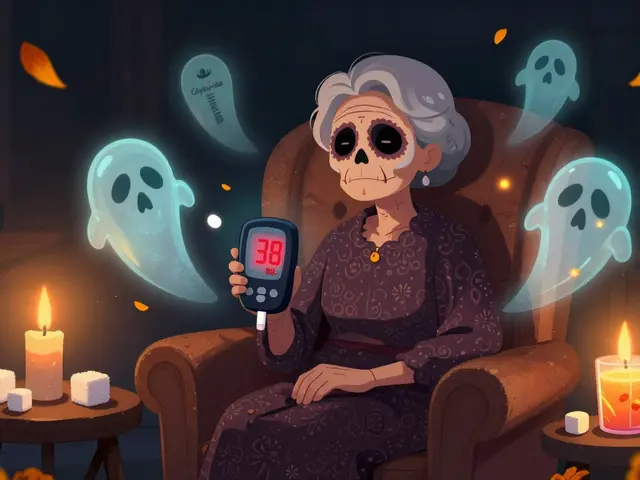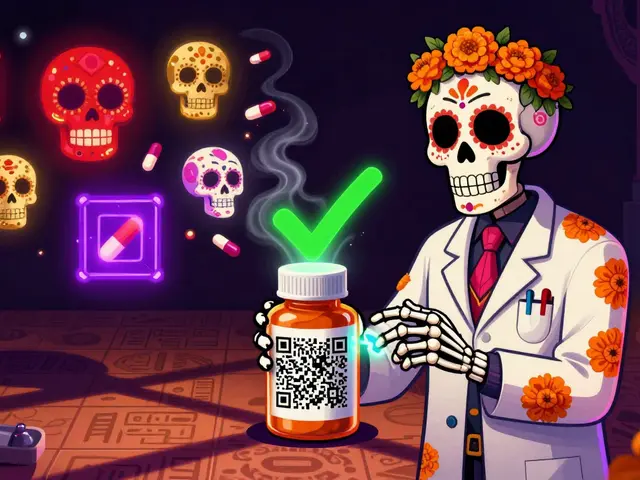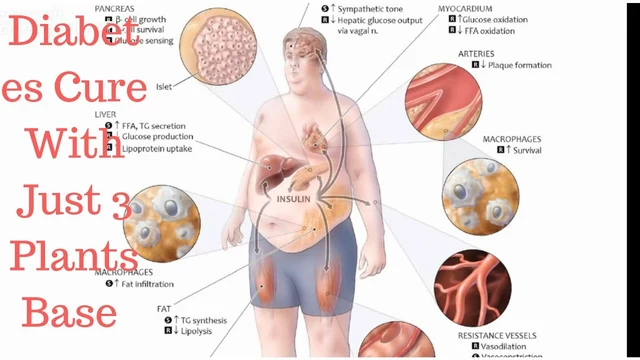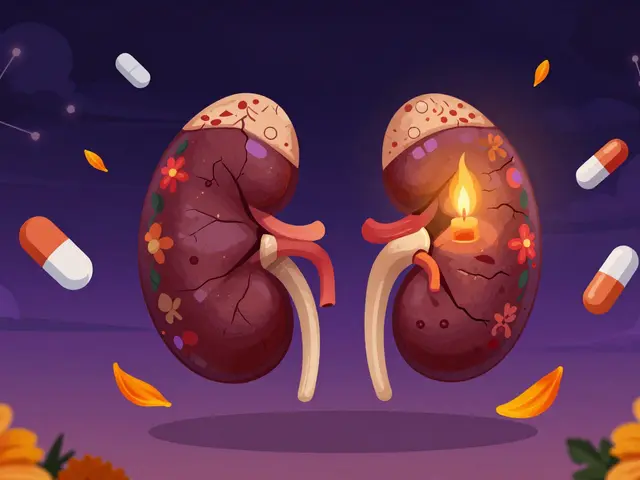Heart medication: what it is and how to use it safely
If you or a loved one takes medicine for the heart, you want straight answers—what each drug does, common side effects, and how to avoid mistakes. This page gives quick, practical info on the main heart medicines, what to watch for, and how to stay safe when getting prescriptions online.
Common types of heart medication
Here are the drugs you’ll hear about most and why doctors prescribe them:
ACE inhibitors / ARBs (like lisinopril or losartan) lower blood pressure and reduce strain on the heart. They help after heart attacks and with heart failure. Side effects to watch: cough (ACE inhibitors), dizziness, and high potassium.
Beta blockers (metoprolol, carvedilol) slow the heart and lower blood pressure. They cut the risk of future heart attacks and ease symptoms like chest pain. Common issues: tiredness, slower heartbeat, and cold hands.
Statins (atorvastatin, simvastatin) lower cholesterol to prevent heart attacks and strokes. Muscle aches and rare liver changes are the main concerns—get a baseline liver test if your doctor asks.
Antiplatelets and anticoagulants (aspirin, clopidogrel, warfarin, apixaban) prevent clots. Warfarin needs blood tests (INR) and dose changes. DOACs (apixaban, rivaroxaban) are easier to use but still raise bleeding risk. Tell any provider you take these before procedures.
Diuretics (furosemide, hydrochlorothiazide) remove extra fluid to treat high blood pressure and heart failure. They can change kidney tests and electrolytes—your doctor will check them.
Safe use, interactions, and buying tips
Keep these habits to stay safe: take medicines at the same time each day, use a pill box, and keep a current list of all prescriptions and supplements. If you miss a dose, follow your drug label or ask your pharmacist—don’t double up unless told to.
Watch for dangerous interactions: grapefruit can increase some statins; NSAIDs (ibuprofen) can raise blood pressure and blunt diuretics; some antibiotics or antifungals affect warfarin and statins. Always check with your doctor or pharmacist when starting new drugs.
Buying meds online? Use only licensed pharmacies that require a prescription. Avoid sites that sell prescription heart drugs without one—these often ship counterfeit or unsafe products. If cost is an issue, ask your pharmacist about discounts, generics, or manufacturer savings programs.
Call your doctor or 911 if you have chest pain, sudden shortness of breath, fainting, severe bleeding, or signs of allergic reaction. For less urgent issues—new side effects, dizziness, or unusual bruising—contact your prescriber for advice and possible dose changes.
Need help finding reliable information or safe pharmacies? Pharmstore.com offers guides and tips to navigate prescriptions online and get the right medicine safely. Keep your medicine list handy and talk with your care team—small steps prevent big problems.
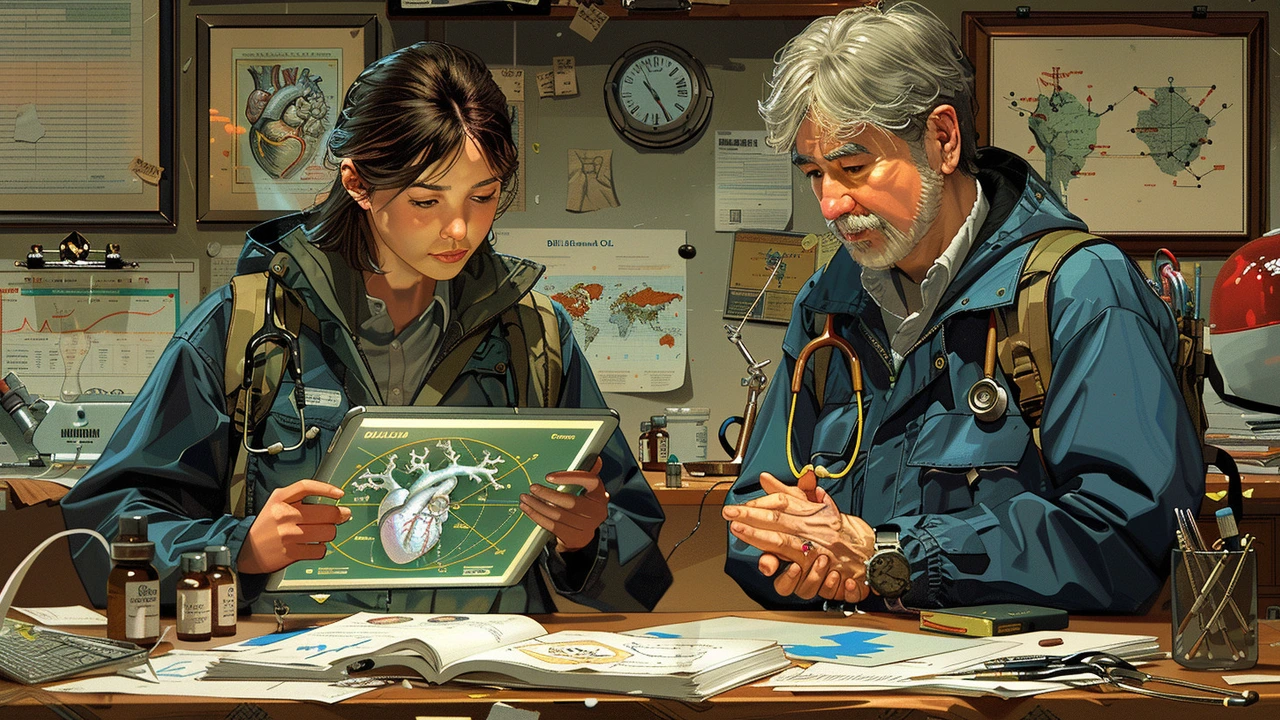
This article delves into the differences between Diltiazem HCL and other calcium channel blockers. It offers insights on their uses, benefits, and possible side effects, aiming to help readers make informed decisions about their heart health treatments.
Chris Gore May 11, 2024
